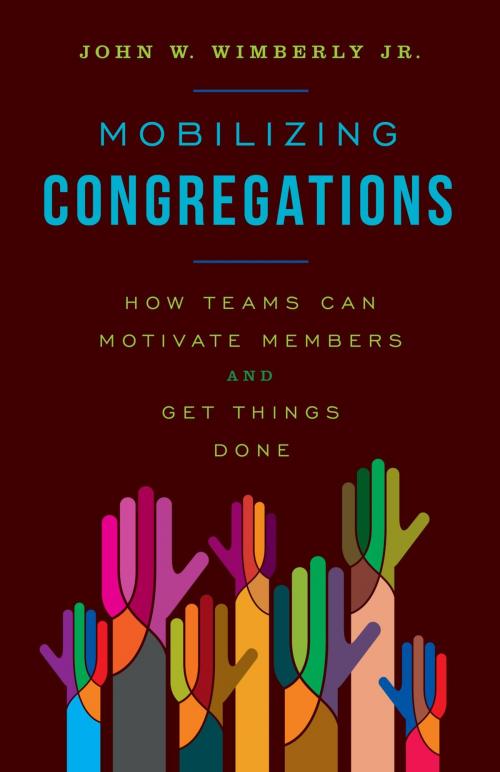Mobilizing Congregations
How Teams Can Motivate Members and Get Things Done
Nonfiction, Religion & Spirituality, Christianity, Church, Pastoral Ministry, Business & Finance| Author: | John W. Wimberly, Jr. | ISBN: | 9781566997379 |
| Publisher: | Rowman & Littlefield Publishers | Publication: | March 6, 2015 |
| Imprint: | Rowman & Littlefield Publishers | Language: | English |
| Author: | John W. Wimberly, Jr. |
| ISBN: | 9781566997379 |
| Publisher: | Rowman & Littlefield Publishers |
| Publication: | March 6, 2015 |
| Imprint: | Rowman & Littlefield Publishers |
| Language: | English |
This is an in-depth look at the power teams bring to congregational work. Wimberly demonstrates that younger generations in particular are much happier working in a team, rather than a committee environment. Congregations using teams are able to mobilize members across generations for both short and long term tasks.
After clarifying the differences between teams and committees, readers learn the important steps needed to set-up new teams. Leaders who simply create a team without attention to the formation process increase the likelihood of team failure. Using real-world examples and case studies, Wimberly addresses problems teams can expect to experience, as well as ways to resolve those issues. He highlights the surprising similarities between how teams and congregations function, both positively and negatively, providing keen insights from the business world and showing how they can be used to solve issues in congregations.
Here readers will find both the theory and practice of making a successful transition to a congregation doing its work through highly motivated, efficient teams.
This is an in-depth look at the power teams bring to congregational work. Wimberly demonstrates that younger generations in particular are much happier working in a team, rather than a committee environment. Congregations using teams are able to mobilize members across generations for both short and long term tasks.
After clarifying the differences between teams and committees, readers learn the important steps needed to set-up new teams. Leaders who simply create a team without attention to the formation process increase the likelihood of team failure. Using real-world examples and case studies, Wimberly addresses problems teams can expect to experience, as well as ways to resolve those issues. He highlights the surprising similarities between how teams and congregations function, both positively and negatively, providing keen insights from the business world and showing how they can be used to solve issues in congregations.
Here readers will find both the theory and practice of making a successful transition to a congregation doing its work through highly motivated, efficient teams.















